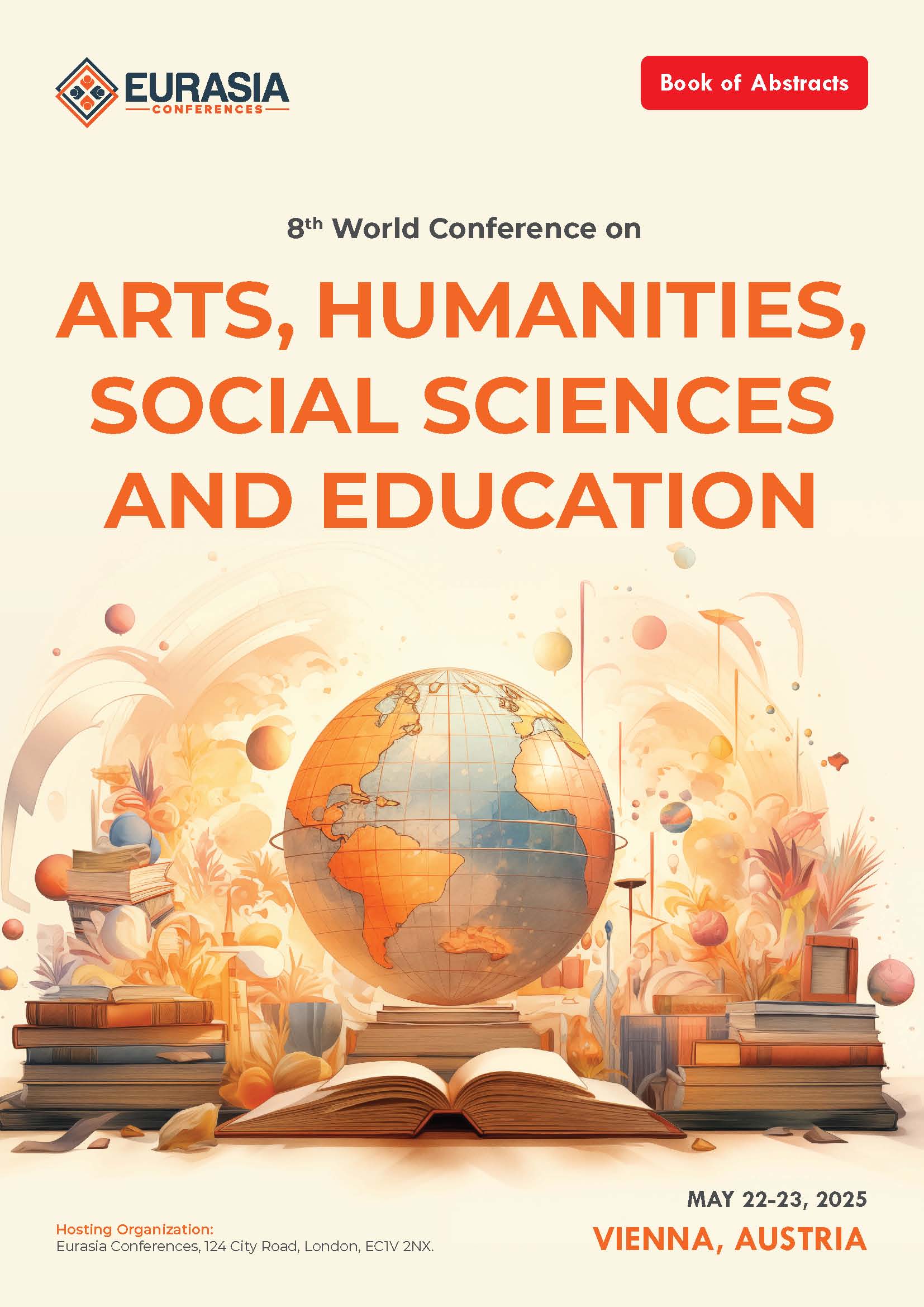
Prof. William Franke
This lecture rereads classical narratives of plague from the Bible (Exodus) and classical antiquity, both Greek (Homer, Thucydides, Sophocles) and Roman (Lucretius, Virgil, Ovid), through the Middle Ages (Boccaccio) and Modernity (Defoe, Manzoni, Artaud, Camus) as a basis for contemplating the significance of the recent Covid-19 pandemic. It concerns how we are to confront future pandemics and other crises, notably those of an ecological nature. Responses to Covid-19 typically set everything on defeating this “enemy” by technical means, but actually we cannot eliminate viruses without eliminating ourselves. We need to see the pandemic as revealing us to ourselves in our inherently vulnerable condition as a first step to admitting the infinite openness to one another and to our Ground—physical and metaphysical—that alone can save our world by engendering a different attitude, open and engaged, to one another and to the Earth as sources of our collective life.
Plagues place us before the evidence of human helplessness, and that precisely is how they can and do become sources of hope. They break us open to relation to others and the Other that has traditionally been confronted as God or as Thanatos, Death, and also as Gaia, the Earth. The Earth has been revealed as an absolute condition of our existence in much recent eco-philosophy such as that of Bruno Latour and James Lovelace, as well as in the ecofeminist theology of Rosemary Ruether (Gaia and God, 1992), not to mention pope Francis’s encyclical Laudato si’ (2015). Jürgen Moltmann’s famous Theology of Hope is reinterpreted here as a Negative Theology of the Earth.